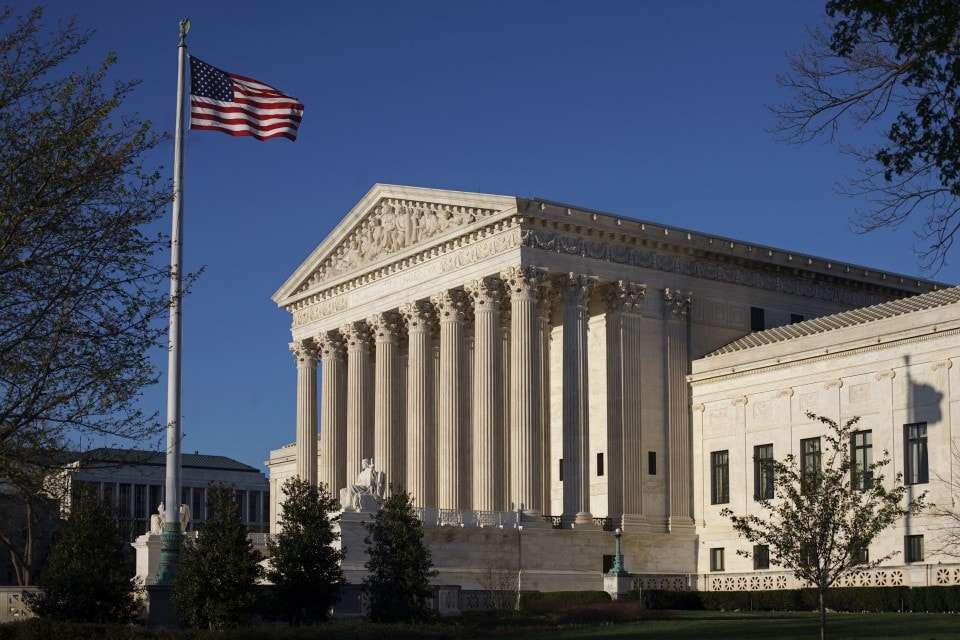The Volokh Conspiracy
Mostly law professors | Sometimes contrarian | Often libertarian | Always independent
Same-sex marriage after Obergefell

Yesterday the Supreme Court took action in two different cases about same-sex marriage. In one, Pavan v. Smith, the court summarily reversed an Arkansas Supreme Court decision about Arkansas's birth-certificate regime, concluding that because "Arkansas law makes birth certificates about more than just genetics" and sometimes allows spouses who are not biological parents to be listed on the birth certificate, it must extend the same recognition to same-sex couples.
Justice Neil M. Gorsuch dissented (joined by Justices Clarence Thomas and Samuel A. Alito Jr.). Interestingly, Gorsuch did not quarrel with the correctness of Obergefell, but rather suggested that the case did not meet the standards for summary reversal, which he said is "usually reserved for cases 'where the law is settled and stable, the facts are not in dispute, and the decision below is clearly in error.'" (As an aside, I take it that these criteria are supposed to be necessary, but not sufficient, conditions for summary reversal - the court certainly does not summarily reverse every case that is a clear error in the application of settled law. And as I've written extensively in "The Supreme Court's Shadow Docket," it is actually quite a parlor game to figure out what, in practice, the criteria for summary reversal really are.)
In the other case, Masterpiece Cakeshop v. Colorado Civil Rights Commission, the court granted certiorari to consider whether the Constitution exempts a "cake artist" from a law requiring him to make cakes for same-sex marriages and opposite-sex marriages alike. I should eat a little crow on this one, because for weeks I have been confidently predicting to my colleagues that the court was not going to grant cert in this case (even though I thought that it should). But after a record-setting 14 times being relisted for conference, the case is now on the merits docket.
The underlying legal issues in both cases are quite different, but I see them as sharing a fundamental theme - the question of what and how much is supposed to be settled by the Supreme Court's decision in Obergefell. Was the decision supposed to basically end national debates about the status and rights of same-sex couples, or does it still leave space to debate the narrowing or extension of these rights? To be clear, I am not talking about the fundamental holding of Obergefell, which I suspect is already more secure than the holding in Roe v. Wade, but about the broader message to society - the music, not the words.
Indeed, this theme makes me wonder if the court's actions in these two cases were actually causally related. As noted above, Masterpiece Cakeshop was relisted over and over and over again, which usually means that a case is not going to be granted. Rather, it looks like somebody was writing a dissent from the denial or cert. that changed a mind or two at the final moment. (If there were four votes to grant once Gorsuch joined the court, it could have been granted as early as April, at least eight relists ago.) I wonder - and this is rank speculation - if one of the justices became concerned with the possible maximalist implications of the Pavan summary reversal, and changed his vote to "grant" in Masterpiece Cakeshop.


Show Comments (0)